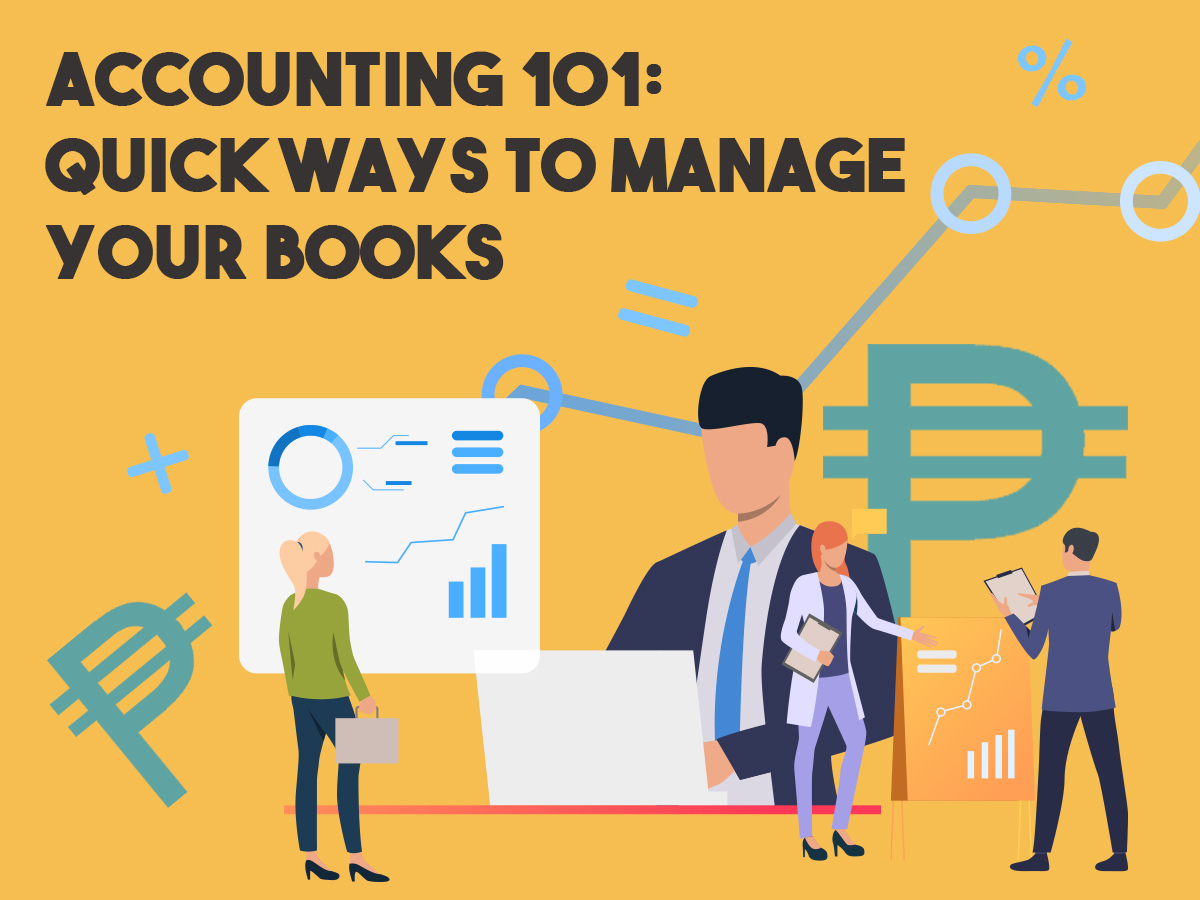- Keep Track of your Cash Flows
For SMEs, it is very important to understand the data on your table because it will lead you to better decisions.
Cash Flow Statement is one of the essential reports that you would be needing. Cash Flow Statement monitors income direction and it lets you see the payment cycles and seasonal expenses.
- Record Expenses
One of the reasons of Tax and Accounting issues is not being able to secure copies of expense reports or receipts. This is a poor bookkeeping when you are not familiar with the charges or expenses stated.
To eliminate this dilemma, you must save a copy or receipts for all your expenses and itemize it so you can have accurate reports come tax season.
- Invoices vs Receipts
Mixing up invoices and receipts is an all-too-common way for small business owners to mess up their books. A simple piece of accounting advice to follow is to know the difference between the two.
An invoice is a bill that’s sent to customers after they’ve received your services. While receipt is proof that a transaction happened. It’s what you give your customers after a transaction is complete.
- Hire an Accountant and Assure Clear Communication
Work with an Accountant in managing your books and make sure you understand some accounting jargons to lessen confusion within your communication.
You need to see your accountant and tax professionals as part of your company since they’ll be the one who’ll guide you in the Accounting process.
- Embrace Technology
Managing of Books must not be a burden to companies since there are a lot of available Accounting System which provides automatic recording or Book Transaction. Quickbooks and QNE Accounting System are two of the providers of Accounting System that adopts to the requirements of SMEs.
QNE Accounting System is locally designed for Filipino Businesses. To know more about QNE’s Business Solutions and Services, visit www.qne.com.ph.




